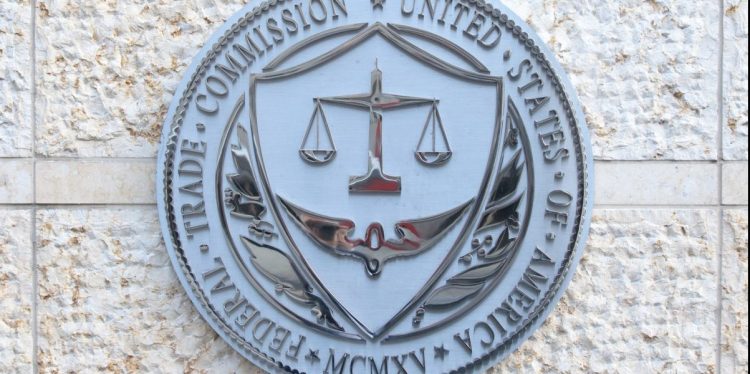Want smarter insights in your inbox? Sign up for our weekly newsletters to get only what matters to enterprise AI, data, and security leaders. Subscribe Now
If you’ve ever had your web browser taken over by a hard-to-close window declaring that your computer is infected with viruses, the Federal Trade Commission (FTC) is finally here to help.
On Friday, the FTC announced the rollout of “Operation Tech Trap,” described to be a “nationwide and international crackdown” on the scams.
While many savvy web users know to ignore them, the FTC says these scams have tricked thousands of consumers into “paying millions of dollars to fix problems that never existed.” The scams are essentially deceptive advertising, generating popups that closely resemble Windows or Mac security alerts and pressuring users to call a phone number for “help.”
Those numbers connect to call centers where high-pressure salespeople demand remote computer access. After “finding” serious but fictional problems, the scammers ask for hundreds of dollars for equally fictitious or useless repair and security services.
AI Scaling Hits Its Limits
Power caps, rising token costs, and inference delays are reshaping enterprise AI. Join our exclusive salon to discover how top teams are:
- Turning energy into a strategic advantage
- Architecting efficient inference for real throughput gains
- Unlocking competitive ROI with sustainable AI systems
Secure your spot to stay ahead: https://bit.ly/4mwGngO
To kick off its efforts to fight the scams, the FTC announced four legal proceedings across multiple U.S. jurisdictions. The defendants have appropriately innocuous names like Repair All PC, Vylah Tec, and Universal Network Solutions. The FTC also announced resolutions in existing suits against what it described as “two massive tech support operations.” One judgment, against an outfit called iSource USA, was for more than $27 million.
Hopefully, the FTC’s efforts will be effective in tamping down invasive and misleading online popups. Even for those not taken in by them, scam popups are a nuisance, and for less savvy internet users, they can be a lot worse.
This story originally appeared on Fortune.com. Copyright 2017


